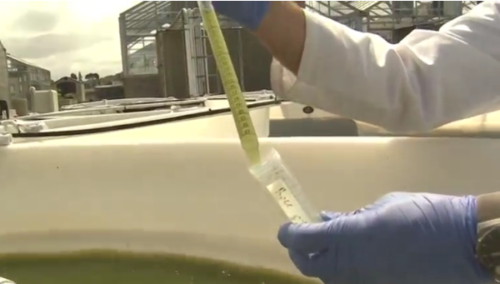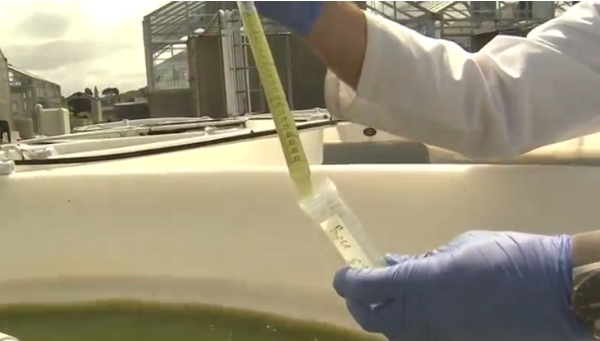
Scientists in California hope genetically engineered micro-algae could be the food of the future, and they’ve taken a step closer to that reality with an outdoor field trial approved by the U.S. Environmental Protection Agency. The scientists inserted two genes into the algae – one a fluorescent protein to make the tiny organisms visible and a second to change their fatty acid profile.
Univeristy of San Diego professor of biology Stephen Mayfield says: “The world, in fact, is not short of calories. What they’re short of is proteins and essential fatty acids. And that’s the thing that algae naturally accumulate.”
The field trial showed that the genetically modified algae can be successfully cultivated outdoors without damaging the native algae populations that produce much of the oxygen on earth.
According to a recent report by the Food Security Information Network, global food crises are worsening, with conditions likely to deteriorate further this year in some areas.
The researchers hope algae, which can be grown on non-arable land with nothing but sunlight, air and water, can help meet the ever-increasing demand for food and alleviate the risk of famine.
